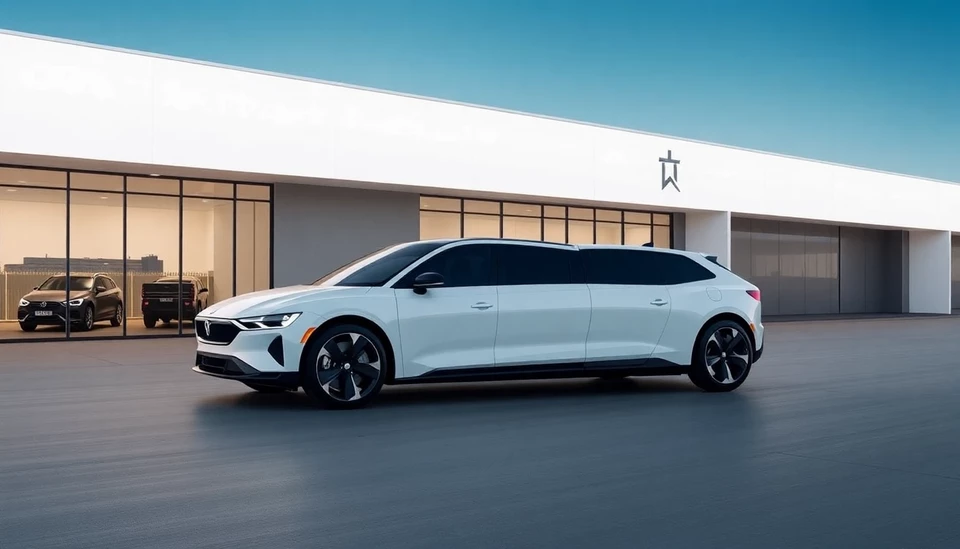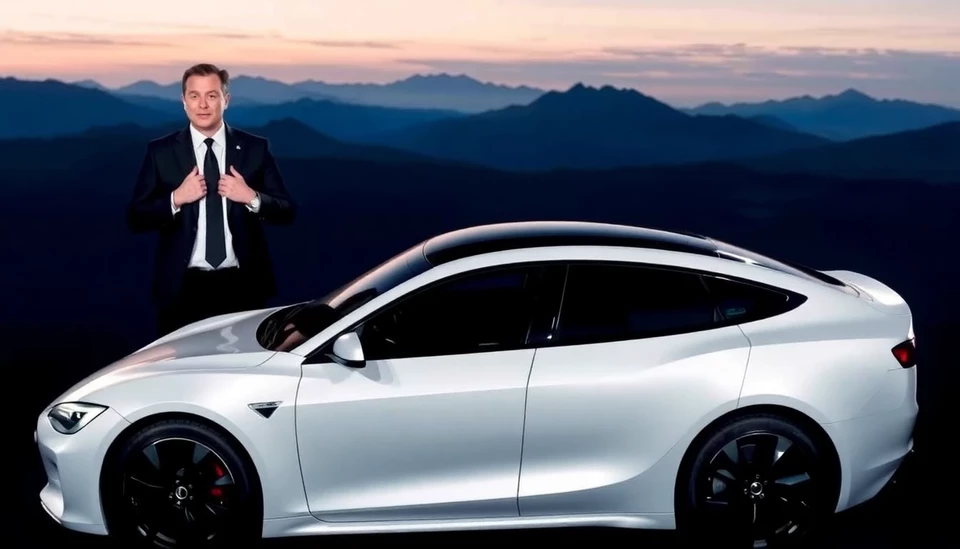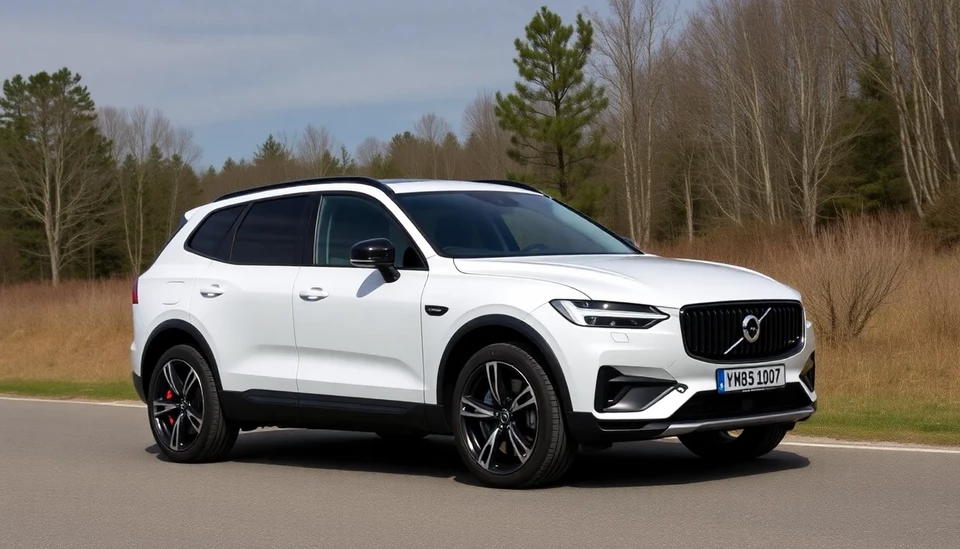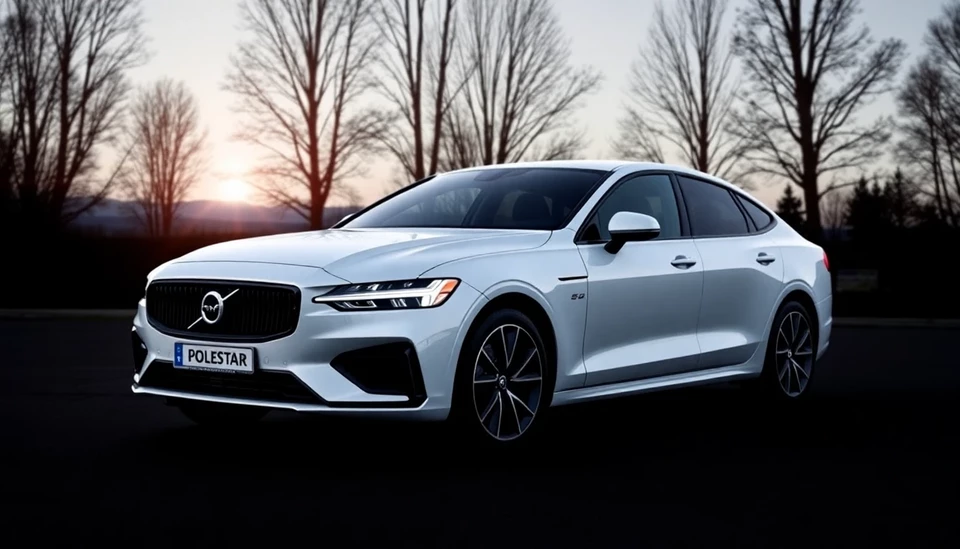
Polestar, the Swedish electric vehicle manufacturer, has recently announced its decision to close all retail locations across China and terminate its joint venture in the country. This move marks a significant shift in the company’s operations in one of the largest automotive markets globally.
The closure comes as Polestar grapples with increasing competition in the electric vehicle sector within China, where numerous automakers are vying for market share. Polestar cited ongoing challenges in the Chinese market, including supply chain disruptions and escalating production costs, as key factors leading to this decision.
Polestar entered China with high hopes, eager to capitalize on the rapidly growing demand for electric vehicles. However, despite an initial positive reception, the company faced hurdles that proved difficult to overcome. Analysts highlight that growing competition and a crowded market landscape have made it more challenging for newer entrants like Polestar to thrive.
The company had attempted to establish a foothold by partnering with local dealers and adopting unique sales strategies. However, the results did not meet expectations, prompting executives to reconsider their approach to market presence in China. By closing stores, Polestar aims to cut losses and streamline operations while focusing on more profitable markets.
Following the announcement, investors and industry experts are closely monitoring Polestar’s next steps. The company has stated that it will shift its resources and attention to other regions where it has seen more success, particularly in Europe and North America.
Despite exiting the retail market in China, Polestar remains committed to its electric vehicle lineup and plans to continue development efforts on new models and technologies. The manufacturer emphasizes that it will look for alternative ways to engage with Chinese consumers, possibly exploring online sales as a more viable option moving forward.
As the electric vehicle landscape continues to shift, Polestar's decision to withdraw from China underscores the complexities of navigating this evolving industry. With established local competitors and changing consumer preferences, adapting to market demands has never been more critical.
This strategy may allow Polestar to conserve capital and refocus its business strategies, ensuring that it remains competitive in the fast-paced electric vehicle market while pursuing sustainable growth opportunities.
As the situation develops, industry watchers and potential customers will be eager to see how Polestar adapts and what the future holds for its electric vehicle aspirations beyond the Chinese borders.
In conclusion, this pivotal decision reflects both the challenges faced by new entrants in the vibrant but competitive electric vehicle industry and the ongoing evolution of consumer demands in the automotive market.
#Polestar #ElectricVehicles #EVMarket #China #AutomotiveIndustry #Sustainability #BusinessNews #MarketTrends
Author: Sophie Bennett


